|
Pavlov was the first to articulate the conditioning response to a stimulus. In his famous dog and bell experiment, Pavlov would ring a bell every time a dog was fed. After several weeks of doing this, he rang the bell without providing food to the dog. Low and behold, the dog came running with drool dripping everywhere expecting to be fed. It’s called classical conditioning and is one of the most famous psychological experiments ever done. Although we can chuckle at the poor dog for believing he was about to be fed, in reality, this type of conditioning impacts our lives more than we think.
Instead of trying to find spots in your life where classical conditioning exist, do the opposite - find the places where you do work where the reward is not immediately available. Fitness - do you workout every day even though the results may not present themselves in the short term? Art - do you write, paint, podcast or code even though the results don’t show immediately? Relationships - do you go out of your way to do something nice for someone important in your life even though they may not return the favour? Thanks to technology, our lives are filled with instant gratification. For some people, even opening the Amazon app is a form of classical conditioning because they immediately get bit by the consumer bug. App is open, time to buy things! Understanding that setting, struggling and accomplishing goals are the key factors in eudaimonia - a flourishing life - then you will quickly realize that the effort is just as important as the result. Short cuts do make life easier, but only if they assist us in a larger struggle. This article by Ryan Holiday from 2014 (over 4 years ago!) described the idea of how outrage culture was beginning to define modern media. Fast forward to today and call out culture - a synonym of outrage culture - is in full force.
The strange part about this culture is that it exists almost entirely on the internet. In your day-to-day life and you likely won’t interact with anyone who is violently opposed to your _______ (insert: gender, race, religion, political beliefs or a combo of all of them). Face-to-face we generally act civil to one another and interact with respect, dignity, and courtesy. Why does it all break down on the internet? Behind the virtual wall of our devices, we feel much more vocal because of the anonymity. Without the threat of physical repercussions (yelling, counter arguing and not just punching), we feel empowered to say what we think. However, the divide between real and virtual life is big. It appears there’s something else going on here. It’s the echo chamber of social media. Since anyone today can claim to be a news outlet, we’re being shown (polite way of saying it) information from politically biased sources. This would normally not be an issue without the internet because we could simply ignore it. However, if we follow a specific person on a social media platform like Twitter and they happen to forward one of these biased articles, we’re starting the trend towards the echo chamber. Us human beings are constantly on the lookout for acceptance and groupthink. It’s helped us stay safe for a long time and is genetically wired into our soul. When we see or hear someone of influence agree with our views it empowers to go forth and spread the word. It must be true, right? Combatting outrage There are two ways you can manage to survive in a world filled with outrage. One is to believe it and be as responsible as possible with the information you encounter. If you feel that a specific group is being targeted for some oppression then support the belief with data and evidence. There are plenty of scientific journals that study the interactions of human beings. Use credible research to back-up your viewpoint. Rage is never productive, especially in a debate. Focus on getting to the right answer instead of changing a person’s opinion. The second is to accept it. The world has never been safer, healthier and happier than today. The trend continues to push us towards utopia. Sure, you may have been dealt a poor hand in the world. Perhaps you have a sick family member or a disability. The good news is that there are many stories of people overcoming these disadvantages and living a healthy and productive life. Western civilization was formed on the tenants of Judeo-Christian values including truth, love, and courage. Part of these ideas is that a truly flourishing life requires sacrifice and hardships. Moving forward in spite of difficulties helps us grow and become the people we want to be. Regardless of how equitable we can make the world, it will never be perfect. Anyone can find something to be oppressed by. It’s how you deal with it that will make the world move forward or backward. Many of the great leaders in history seemed to have it all together when it mattered most. Churchill, when facing invasion against a superior army in the Germans, stood tall and proclaimed victory instead of defeat. He did so with stoicism, confidence, and courage. This act (which appears simple) not only rallied a nation in a dark time, it forced the Nazi’s to rethink their strategy.
Although Churchill appeared confident in public, it wasn’t so much the case in private. He often overthought his words when preparing speeches and became frustrated and angry easy when dealing with his friends and family. We all have the ability to appear polished like Churchill. But we first must conquer ourselves. Our desires, emotions, and nihilism hold us back from rising to the occasion when needed. It’s not that we must bury these negative traits, but instead have to learn to live with them. When they control us, we become weak and unreliable. In the bible St. Matthew writes in chapter 5 verse 5: Blessed are the meek, for they will inherit the earth. Here’s what is meant by meek: The meek.--The word so rendered was probably used by St. Matthew in its popular meaning, without any reference to the definition which ethical writers had given of it, but it may be worthwhile to recall Aristotle's account of it (Eth. Nicom. v. 5) as the character of one who has the passion of resentment under control, and who is, therefore, tranquil and untroubled, as in part determining the popular use of the word, and in part also explaining the beatitude. It means those who have the dragon but choose not to bring it out will inherit the earth. Like Churchill, you need to manage the demons inside you and move forward anyway. Kenyan Eliud Kipchoge set a new world record for men of 2:01:39 on September 16, 2018, at the 2018 Berlin Marathon. It is the closest a human has come to breaking the much sought after sub-2-hour marathon. Much like Roger Bannister’s ‘miracle mile’, most sports scientists believe that it is within human capacity to break this mark at some point.
It hasn’t always been this way, check out what happened in the marathon at the 1904 Olympics in St. Louis: The first place finisher did most of the race in a car. He had intended to drop out, and got a car back to the stadium to get his change of clothes, and just kind of started jogging when he heard the fanfare. The second place finisher was carried across the finish line, legs technically twitching, by his trainers. They had been refusing him water, and giving him a mixture of Brandy and Rat Poison for the entire race. Doping wasn't illegal yet (and this was a terrible attempt at it), so he got the gold when the First guy was revealed. Third finisher was unremarkable, somehow. Fourth finisher was a Cuban Mailman, who had raised the funds to attend the olympics by running non-stop around his entire country. He landed in New Orleans, and promptly lost all of the travelling money on a riverboat casino. He ran the race in dress shoes and long trousers (cut off at the knee by a fellow competitor with a knife). He probably would have come in first (well, second, behind the car) had it not been for the hour nap he took on the side of the track after eating rotten apples he found on the side of the race. 9th and 12th finishers were from South Africa, and ran barefoot. South Africa didn't actually send a delegation - these were students who just happened to be in town and thought it sounded fun. 9th was chased a mile off course by angry dogs. Note: These are the first Africans to compete in any modern Olympic event. Half the participants had never raced competitively before. Some died. St. Louis only had one water stop on the entire run. This, coupled with the dusty road, and exacerbated by the cars kicking up dust, lead to the above fatalities. And yet, somehow, Rat Poison guy survived to get the Gold. The Russian delegation arrived a week late, because they were still using the Julian calendar... in 1904. In just over 100 years we have gone from drinking rat poison during a run to now pushing the limits of the human body. What happened? The obvious answers are correct - the birth and development of sports science, the invention of proper clothing and the increase in the number of people participating in the sport. The more underrated answer is the development of the human spirit. It’s true that we’ve been able to survive much tougher conditions throughout our history. However, we’ve needed to rely on mythical stories or hearsay evidence to motivate us to push through our limits. After Bannister broke the 4 min mile, only one other person managed to do it (John Landy) within a year. However, within 25 years hundreds of people had broken the 4 min mile and even today a strong high school runner can do it. Knowing that it was possible made a big difference. It’s much easier to chase down dreams when people you can relate to having accomplished them. As our world becomes increasingly specialized, we’ll see these kinds of records continue to be broken. Most youth athletes spend a vast majority of their extracurricular activities on just one sport. There is a danger, however, in embarking on such a journey. What are you missing out on by sacrificing it all for one sport/opportunity/dream? It’s important to expose yourself to a wide variety of experiences before making the leap to specialize. Once you decide, definitely put all your eggs in one basket. Find someone who you can emulate - even if they’re physically inaccessible. And then get after it! Records are obstacles to be broken! Do you practice surgery in your spare time? Probably not. To become a surgeon you need years of education and hours of practice. It makes sense that there are fewer surgeons in the world than baristas. When you require surgery you probably don’t ask the doctor for work samples or to speak with one of his former patients. You trust him because he’s earned it.
The same is probably true of the lawyer you hire. She’s a professional who has worked hard to get to the top of her firm. No need to go through a tender process. Trust is easy to establish because she’s a certified professional. The trouble is that for most of the jobs out there, professional certifications don’t require years of specialization. A teacher for example only requires a 3-year university degree and one year of college. Other jobs require almost no certification. Being a teacher, social media influencer, YouTube personality, website designer, and programmer are easy to do because there are very low barriers of entry. Many people feel like they’re at least somewhat capable of being successful at these jobs. This causes a big competition for those who are really trying to make a career out of it. With big competition comes less trust. As a customer, you have to be a little cautious hiring a photographer for your wedding because anyone with an iPhone can (rightly) claim to be a professional. To make things worse, automation and educational inflation are combining to erode the number of employment opportunities for university and college graduates. According to Gwynne Dyer’s latest book, by 2050 the unemployment rate could be as high as 40%. Jobs for highly specialized are becoming increasingly more competitive as education becomes more accessible. Getting a job as a doctor often meant just surviving medical school. With more and more students enduring the medical field, it is increasingly becoming more important to finish at the top of your class in order to separate yourself from the pact. If you don’t want to specialize, are you doomed? Not likely. Being able to separate yourself from the pack has always been a valuable skill. Now it’s essential. In Seth Godin’s book The Dip, he describes the process of becoming an expert as surviving ’the dip’. It’s that point where most people give up because it gets too expensive, it gets harder, or they lose interest. If you can focus on photography, get the correct equipment and simply outlast the others in the field you’ll be successful. The challenge is that the more people who are in the race, the more likely it is that some may also overcome the dip. Choose something you love, understand the difficulties of being successful at it and fight through the dip. Good luck! Martin Luther King, Gandhi, Joan of Arc, Jesus. What do these historic legends have in common? They all did the right thing. And it cost them everything.
We often assume that doing the right thing comes at less of a cost than taking the wrong route. We also wrongly assume that it should be rewarded. It’s no doubt that this belief is ingrained into our psyche. It’s been part of our lives since we were children. We’re always looking for the easy way to get to the end. Tattle tailing is something kids often use to solve problems. Getting an adult involved alleviates them from extra work to solve their own issues. Of course, we can’t expect children to address problems without first teaching them how to do it. Sometimes it doesn’t happen and the kids turn into adults and use others to solve their problems. The right way is hard. To be like MLK and Jesus, you need to embrace the difficulty that comes with doing the right thing. Complex problems cannot be solved through Twitter debates. If you can shut your phone off and forget about the problem, you’re likely not invested enough in it. If you really want to stop racism and corrupt capitalism, organize debates, protests and campaigns. However, be prepared that it might not work and could cost you everything. "This is what you deserve. You could be good today. But instead you choose tomorrow."
- Marcus Aurelius Most of use spend too much time in the past or the future instead of the present. Procrastination is the ultimate denial of the stoic - to assume that tomorrow will be better than today. Work never goes away, suffering does not diminish by relegating a task to another time and the sacrifice required to forgo pain for pleasure will never disappear. Eating healthy, making your bed and doing exercise are acts that can be done immediately and will not get easier if you put it off until the next day. Ignore the simple but difficult tasks in your life and small problems become big ones. You are what you deserve to be. The hero enters the dungeon, defeats the dragon, rescues the princess and collects the gold.
This is the classic story of the hero. You can play with the variables - a female lead, a mad scientist villain, save humanity - it really doesn’t matter. Every heroic story ever told follows this simple template. Hero’s appeal to our deepest beliefs because we fundamentally understand the journey to success - whether or not we can properly articulate it. The other side of success is often the result of sacrifice, suffering and encountering plenty of setbacks. If this is true, why is it that so many of us seek shortcuts to success? We’re a very resourceful species and we use our intelligence to circumnavigate difficult situations. If there’s an easier way to victory, why not take it? This of course, is not unique to humans. Apex predators in the animal kingdom are also very skilled at calculating the risk-reward of attacking prey. Lions will pick off the slowest and weakest in a herd even though the best meat is found in the biggest and strongest. The trouble with comparing ourselves to lions is that their strategies and tactics have remained the same for thousands of years. Humans, on the other hand, have created a complex society that requires careful calculation when it comes to tackling problems. If you attacked every issue with fists flying, you’d likely to burn out very quickly. The classic heroic story often pits the hero against one big problem, something that is not very realistic in today's world. The result is that we often underestimate the difficulty of achieving a goal because we have so many of them to achieve. Get good grades, eat healthy, maintain a positive reputation online. Stay active. We assume the effort to become a doctor, start a business or lose weight is much more difficult than it is. Our long-term thinking simply breaks down when we can’t see the top of the mountain. If the goal is so far away, why even try to attempt it? The heroic journey is about making an exerted effort to complete a goal, no matter the time, effort or risk that stands in the way. The real heroic reward comes with work. Professional work. Getting after it every day until the goal is achieved. If you want to get a promotion at work, you can’t keep doing the same thing you’ve always been doing and assume that it will fall into your lap. The dragon is simply not going to get out of the way. The NY Times recently wrote about the importance of being bored, especially for children. The most prolific line in the article mentions the endless battle of children and parents vs boredom.
"Nowadays, subjecting a child to such inactivity is viewed as a dereliction of parental duty." Our children today are viewed as an investment and one that is expected to deliver exponential returns. The more activities we put kids in, the more likely they’ll grow the skill set to be change makers in the world. The great paradox in this all is that when asked what they want to be when they grow up, most kids want to be famous or an assistant to someone famous. It seems as if all these extra circular activities aren’t as effective as we thought. On top of that, the massive scheduling of young people has lead to a rise in an inability to manage time properly (since it’s being organized for them) and solve problems. Even worse, many kids struggle with boredom. Their inability to make-up games in an unstructured environment greatly caps their creative potential. All of the great minds of history shared one thing in common - the ability to see something that wasn’t there before. These profound ideas were generated in an atmosphere of what would today be called “absolutely boring”. Einstein developed the theory of relativity as a patent clerk - literally one of the most boring jobs one could undertake at the time. The boredom allowed his brain to work on other meandering details that included nothing less than the absolute transformation of our view of the universe. Will boring our kids lead them to develop the next best explanation of dark matter? Unlikely, but we cannot discount the opportunity of creative thought that border brings. Design thinking will get your idea out quickly and efficiently. It will not, however, give you a fundamental paradigm shift. That comes with quiet thinking in a bored state. In his book “Can’t Hurt Me”, former Navy SEAL David Goggins asked himself this simple question when he was about to quit the most grueling, rigorous and notoriously dangerous military training on the planet - Hell week. As he watched dozens of men around him drop out and ring the famous ‘failure bell’, he asked himself ‘Why am I here?’ before making the decision to bail out.
Everything up to that moment had led him on the path towards becoming a Navy SEAL. He wasn’t about to quit because it got tough. He put himself in the situation and only he could get himself out. Quitting meant that everything he worked hard to achieve was for nothing. He challenged himself to push even harder through the pain and misery because this is exactly what he wanted. The rest is history. You don’t need to be a SEAL to use the same strategy when you encounter difficulties in your life. Many times our pain and misery are brought on by our own actions. Even when it seems like the universe is plotting against us, it’s easy to ask ourselves why we’re in the difficult situation in the first place. If you can find the why then you can dig deep and find the solution. The world today is quickly running in the other direction. It’s easy to find blame in other people or groups for your misfortunes. Paradoxically, it’s also the best time to be alive. The world has never been healthier, happier and freer. Opportunities to make a difference for yourself and others are everywhere. Next time you feel the cortisol boiling your blood, try not to immediately lay blame to others and simply ask yourself - Why are you here? Social media has fundamentally changed the way we communicate. It’s now easier, faster and far more efficient to send a text message, tweet or snap to interact with your colleagues, friends, and family.
The speed of modern communication has come at a cost. Misinterpretation, peacocking (making it seem that things are better than they are), and virtue singling have replaced the ability to engage in meaningful conversations. Now online conversation is mostly one-way and takes place with less than 400 characters. Any counterpoint can be met with ignorance, indifference or hostility. Civil discourse among individuals is on the decline. It should therefore be no surprise that social media is now becoming weaponized. With little opportunity for explanations, conversations and respectable debate on tough issues such as sexism, racism, and gender identity, huge divides have erupted in the population. It seems to be common sense is now off the table during debate and individuals who have experience with some of these intense issues need to pick a side and stand firm. While social media can’t take the entire blame for this hostile environment we’ve created for ourselves, it is responsible for how we are conducting our less than efficient means of communicating with one another. Tough issues are tough because there’s no easy solution. Simplifying the arguments of these topics only appeals to our primal side. We have evolved over thousands of years to be able to listen to one another and take feedback. When you eliminate this ability you push civilization in the wrong way. Perhaps (and likely) we’ll be just fine and figure it out. In the meantime, suspending judgment on every micro issue is probably the best course of action. Gillette recently released a commercial that has now become infamous. Proctor and Gamble have undoubtedly thrown their hat into the political ring and the results so far have been disastrous (just look at the dislikes). The commercial’s message is a good one - treat each other with respect (especially men) - however, it’s the timing that is all wrong.
The world is currently in the middle of a culture war. Hierarchy's everywhere are under attack and with the weaponization of social media, anyone with privilege or power needs to watch their back, regardless of their track record. One battle being fought tooth and nail in this broader culture war is the dismantling of ‘toxic masculinity’. The proponents of the elimination of toxic masculinity argue that men are hardwired to behave inappropriately. Those who men who manage to respect other males and treat females properly are a rare and dying breed. Gillette (under P&G) decided to draw a line in the sand, essentially assuming that the feel-good message would resonate with their customers. Boy, did it backfire. Why? Feel good marketing is nothing new to P&G. They’re one of the pioneers in the advertising space. The trouble with this particular Gillette commercial is that it managed to throw fire on an already raging blaze of conflict between men and essentially what is shaping up to be the far-left establishment. When corporations take political and moral stances, they must be very careful not to alienate their target market. Most consumers know that the sole purpose of a corporation is to make a profit. This agenda becomes abundantly clear when corporations begin to virtual signal. What they’re really saying to us is “hey, look at us, we’re the good company who is standing up for your beliefs. We want you to buy our product because we care.” Plenty of market research shows that men who buy shaving products aren’t typically brand-loyal. They’re far more sensitive to price. The goal of all advertising is awareness and the message becomes almost secondary. This is proven every time you click on a link that starts with ‘This one simple hack…’ Surely, Gillette won’t crumble with one unpopular commercial. Like most events these days, it will be soon lost in the sea of information. There is, however, a great lesson on marketing to be learned! How does one become a social media expert? There aren't any phD programs that specialize in mastering social media. Just like an electrician can only be certified after several hours of on the job training, expertise on almost anything can be established through experience.
Do social media experts have more experience with social media than the rest of us? Doubtful. It's difficult to be an expert a shoelace tying , bed-making or filling tanks of gas. These are things we all need to do and spending time becoming the 'expert' is irrelevant. Social media experts don't tweet better, hit the like button more efficiently or upload images more effectively than everybody else. Instead, they've created a label that holds no merit. That doesn't mean they are fraudulent, it just means that they've replaced the scientifically rigorous study of people's interactions in an online environment with an idea that you can become an expert without the hard work. Be wary of smoke and mirrors. If you're someone who is a self-proclaimed expert in anything, be sure that you have the experience, education or skill set to effectively navigate your craft. Why is it so difficult to get back into a routine after you’ve been sick, gone on vacation, had a celebration or simply taken a day or two off?
Breaking routine to do something enticing is both very normal and very easy to do. Our willpower to stick to a strict diet or workout routine is finite and erodes increasingly quickly in the face of easier, more alternative ways to do things. This is why people struggle to keep up with dieting over the holidays. Everywhere you go, there seems to be more sugar or alcohol. After you’ve binged on junk, it becomes way more difficult to get back on the diet wagon because our brains are naturally wired to celebrate a big feast or hard workout at the gym. During our tribal days, we would celebrate a big catch by having a feast and this singled to us that the hard physical labour to catch the prey and over the indulgence afterwards meant we weren’t going to starve and there was no hurry to get back to work. It’s the holidays, take a break from the diet or gym, right? Those people who are blessed with strong willpower can certainly afford to take breaks from diet and exercise to indulge once in a while because it’s easy to get back into the routines of a healthy lifestyle. For the rest us, we need to muster as much discipline as possible over the holidays because it becomes increasingly difficult to return to routines. The secret is to find a balance between enjoyment and lifestyle. For those who diet, intermittent fasting is a wonderful tool to maintain caloric intake while still being able to let loose at the company Christmas party. It’s important to keep on maintaining discipline when we encounter difficult times. It only serves to strengthen your resolve. And, if you do happen to fall off the wagon. Get back on. Most people feel like suffering is worth it because there’s a goal to be achieved. Weight loss is a great example. People starve themselves, eat strange foods and exercise to lose weight. The trouble is when they lose the weight and stop exercising and eating strange foods, the weight comes back. There is no end. Instead, you need to eat properly and exercise regularly (forever) to maintain a healthy body and mind.
Education falls into the same category. Study hard for the math test so you can get a good grade. Beware, there’s another math test around the corner. Of course, the tests end when you graduate to the working world, but they don’t really because the tests are replaced with the constant need to re-educate yourself. There is no end. Then why not embrace the struggle? Playing whack-a-mole with life's problems is exhausting, especially when there is no end. The interesting thing about suffering is that the more you embrace it the better you get at taking on more suffering. Real growth happens when you live in the suffering not when you live through it. Next time you’re taking on a problem with the goal of stamping it out, remember: There is no end. When you’re walking down a busy street and you see someone drop their phone, do you pick it up and give it back? What about seeing someone with a baby carriage struggle to open a door? Would you help?
Almost all of us would without hesitation, stop and help someone open a door or pick up a fallen item. The interesting question is: Why do we do it? Helping a fellow human-being with their daily struggle is an essential quality that has been carefully crafted into us through years of evolution. Being ultra-social beings, we must be able to help and support one another if we’re going to be successful as a society. Some of us believe that empathy is the driving force behind all of these courteous acts by strangers taking place every day throughout the world. Empathy is the emotional motivator that provides us with a hit of serotonin every time we cooperate or help. Oxytocin is also known as the bonding hormone. Mothers receive huge hits of oxytocin when their baby is born. It provides a euphoric feeling that helps reduce physical pain and increase the bond between her and the baby - which is a good thing because those early days of parenting aren’t easy! Here’s the trouble with empathy: it’s extremely biased. According to Paul Bloom, we must be very careful not to lead with empathetic feelings because we’ll have a tendency to support those most like us. While this might not seem like a bad idea, Bloom suggests looking at it in greater scope. For example, the Make-A-Wish Foundation spent over $10 000 on turning a terminally ill boy into Batman and parading him around the city in a Batmobile. No doubt it was a very special moment for the boy, his family, and the city. Empathy wins, right? Maybe. What if that money was used to purchase mosquito nets used to prevent the spread of malaria in Africa? Hundreds if not thousands of lives could have been saved. Where is the empathy in that endeavor? Instead of leading with empathy, we’re better to use reason and compassion when dealing with people in need. Compassion differs from empathy in that were not mapping the feeling of another individual on our own. Instead, we support and help one another because it’s the right thing to do. We should pick up the fallen phone because it will make that person’s day better not just because we’d want someone to do it if the rolls are reversed. It’s a subtle difference but an important one. Why has time become such an essential component of our daily lives? What can the Bible tell us about time and it's connection to discipline? Tune in to find out and you may just improve your life! Students are taking to social media in droves to protest mandatory in-class presentations. Citing discrimination, they’re calling for alternatives to public speaking, especially for those individuals with anxiety.
Should public speaking be abolished from education? According to a recent article in the Atlantic, over 90% of hiring managers say that oral communication is an essential skill in the business world. Educators feel that public speaking builds confidence, improves critical thinking, and teaches debating skills. Traditionally, public speaking has been feared more than death. High school students are especially susceptible to presentation anxiety because it often takes place in front of their peers during a vulnerable time in their lives. A presentation that goes sideways could cause intense fear and anxiety. Is this good or bad? If public education’s main job is to prepare student’s for the world, then it would make perfect sense to continue to have kids practice public speaking throughout their schooling. Educational institutions are designed to be places of practice and learning that are sheltered from the harsh realities of the ‘real world’. If students can’t face their fears in this protected environment it's highly unlikely they’ll be able to manage a presentation in a business setting. Safeyism (the idea that we’re over protecting our children) and anxiety are very real problems in education today. It’s unfortunate that they happen to be polar opposites. Perhaps a hybrid approach to public speaking is the most effective way to keep it in schools (having kids present in smaller groups first is an example). In a world where populism is favoured over expertise, it would be a disaster to abandon our ability to converse using oral communication. Seth’s blog today talks about the importance of doing in the effort of learning something. This is a fundamental principal that sometimes gets confused when we’re in pursuit of a new goal.
So many of us can watch some YouTube videos and have the confidence to be the next president or knowledge to understand the dynamics of a complex economic and political system. The trouble is that experience is still the king when it comes to learning. You can’t swim by reading books or watching videos. Even advanced scientific theories have no credibility without experimental evidence backing them up. How many of you are teaching innovation without experimentation in your classes? Never under estimate the educational value of turning over a log to learn about habitats or programming a Sphero to reinforce computational thinking. ...is to understand that your job or career or goal requires you to keep showing up regardless of how you feel. Putting in your best effort each and every day will build the grit required to to great work. There must have been days when Michelangelo wasn’t jazzed about chipping away marble for hours at a time. He did it though and now we have David.
If you find yourself making the type of excuses that prevent you from showing up, then you may need to rethink your job or career or goal. |
Time to reinvent yourself!Jason WoodScience teacher, storyteller and workout freak. Inspiring kids to innovate. Be humble. Be brave. Get after it!
|

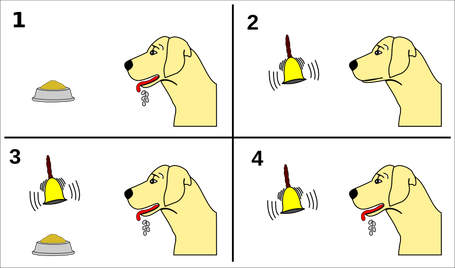
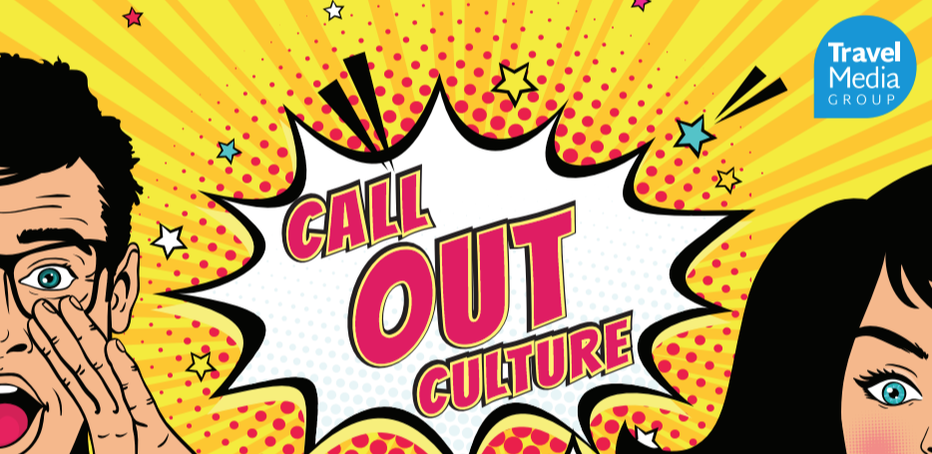
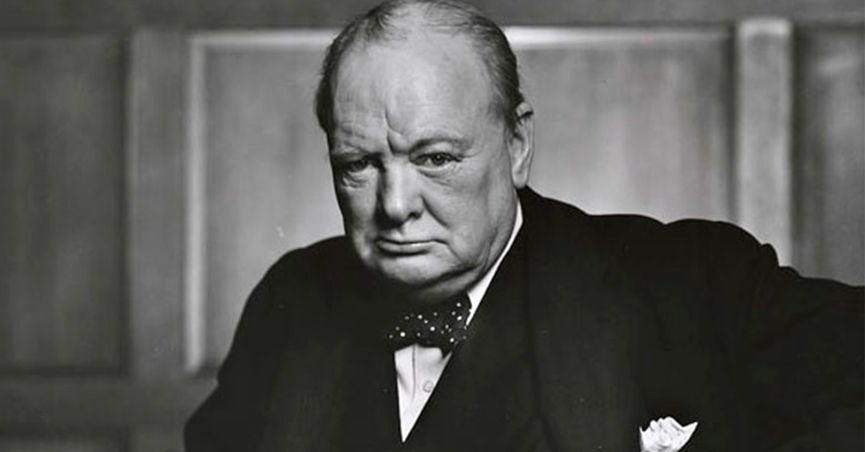
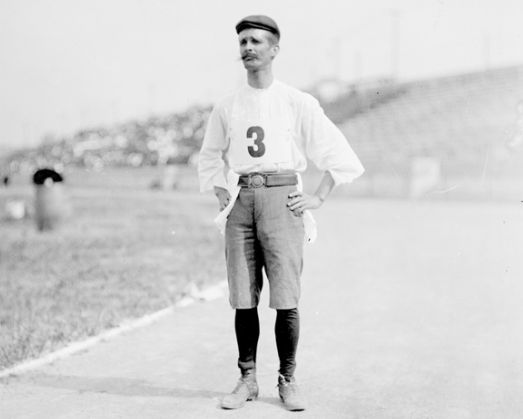
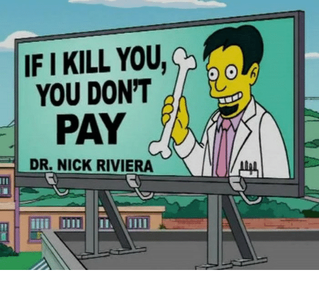
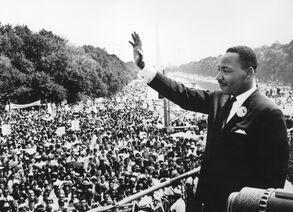
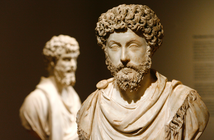
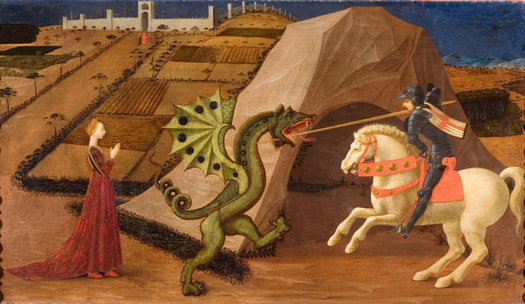

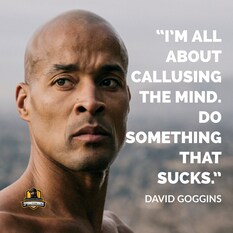
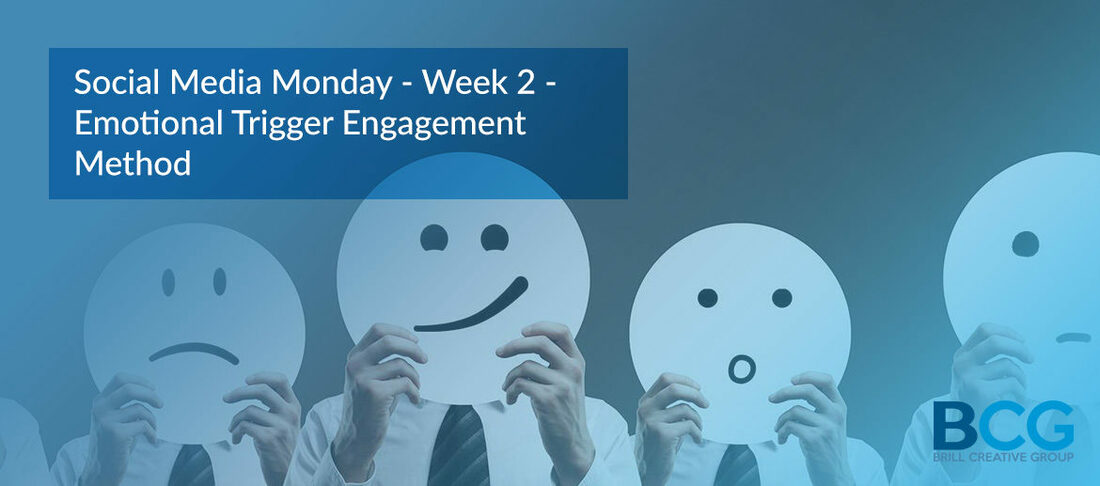


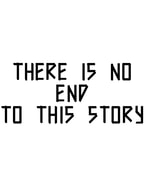
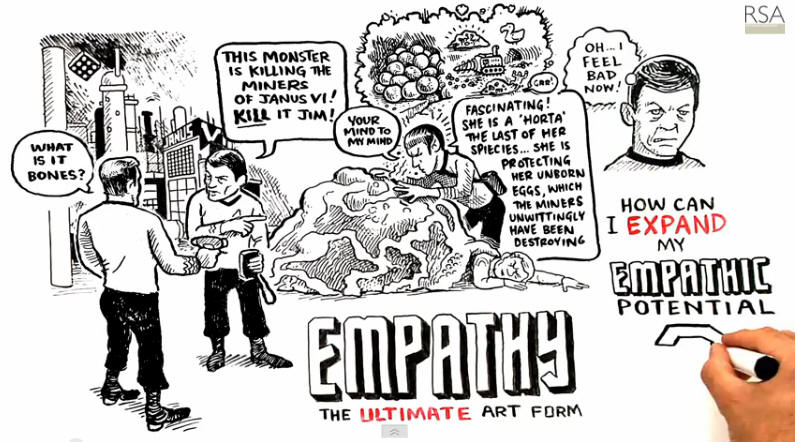
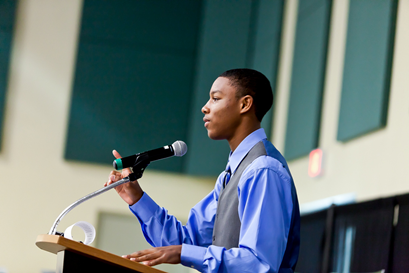






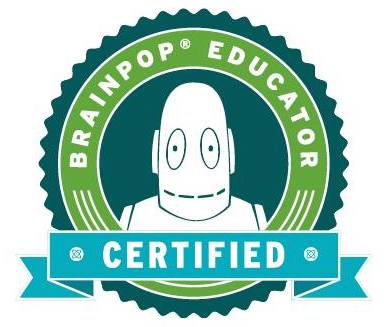
 RSS Feed
RSS Feed